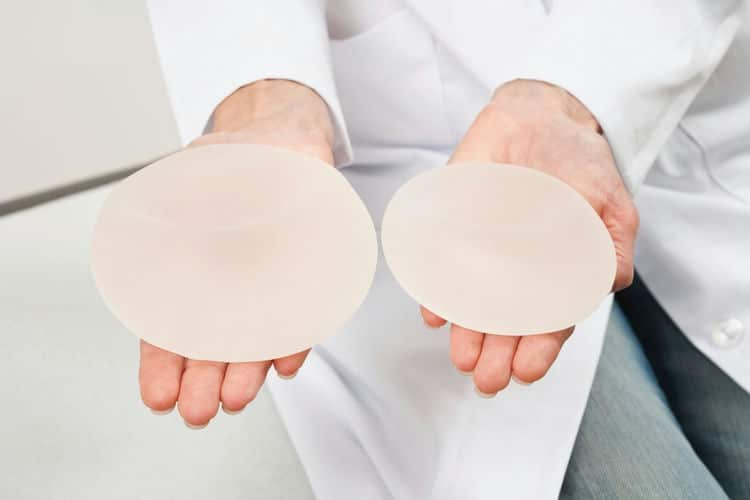For women with breast implants, pregnancy can bring up many questions and uncertainties. Every expectant mother with implants should educate herself on the potential effects, complications, and considerations. With the right information and medical guidance, pregnant women with implants can navigate this special time in their lives with confidence. The following items are key things every woman should know about pregnancy and breast implants.

Breast implants themselves do not negatively impact pregnancy or fetal development. However, some important considerations when it comes to pregnancy’s effect on breast implants. These considerations include the following.
Implant placement
Many women consider breast implants to enhance their appearance. However, implants can significantly affect pregnancy and breastfeeding. During pregnancy, the breasts enlarge naturally and may stretch or rupture implants, although this is rare. Additionally, implants can interfere with breastfeeding if placed improperly. The best implant placement for future pregnancy is under the muscle to allow natural breast changes. Subglandular implants behind the breast tissue are riskier. Overall, those considering implants should weigh the aesthetic benefits against potential pregnancy and breastfeeding complications. Thorough discussions with your plastic surgeons can ensure safe implant selection and placement for those who want implants and future children.
Silicone or Saline?
Pregnancy often causes changes to a woman’s breasts, including enlargement or sagging. For women with breast implants, pregnancy may impact the implants as well. Saline implants are filled with sterile salt water, so they allow for expansion as the breasts enlarge during pregnancy. Silicone gel implants are pre-filled and may feel firmer and appear distorted as the breasts grow. Most women can safely carry a pregnancy with either implant type, but changes are normal. Consulting your plastic surgeon before pregnancy can help set expectations for breast changes with implants.
Delivery Concerns
Women with breast implants often have questions about delivery during pregnancy. The implants themselves usually do not cause problems, but their placement can sometimes interfere with milk production or make certain birthing positions more difficult. Discuss any concerns with your doctor, as they may recommend using certain positions or removing the implants entirely beforehand if they could impede delivery. There are always solutions to ensure a safe birth despite implants. With proper planning and care, most women can have healthy pregnancies and smooth deliveries.
Breastfeeding
Women who have breast implants can usually breastfeed successfully. The implants are placed under the chest muscle, leaving the milk ducts and nipple unaffected. However, breast surgery does carry risks like decreased milk production, difficulty latching, and nipple numbness. Women with implants may need to supplement with formula or pumped milk. With preparation, patience, and support, many women with implants go on to breastfeed. The key is working closely with lactation consultants. Breastfeeding after implants may require extra effort, but it is often manageable. The choice to breastfeed is personal, and mothers should feel empowered in their feeding decisions.
Always consult your plastic surgeon and OB-GYN with any concerns related to implants and pregnancy. Be sure to schedule an implant check after pregnancy to ensure no problems occurred. While most women have healthy pregnancies and deliveries after getting implants, the crucial factor is choosing an experienced plastic surgeon and having the implants properly placed and sized for your body. With the right precautions and care, women with implants can safely go through pregnancy and breastfeeding.











